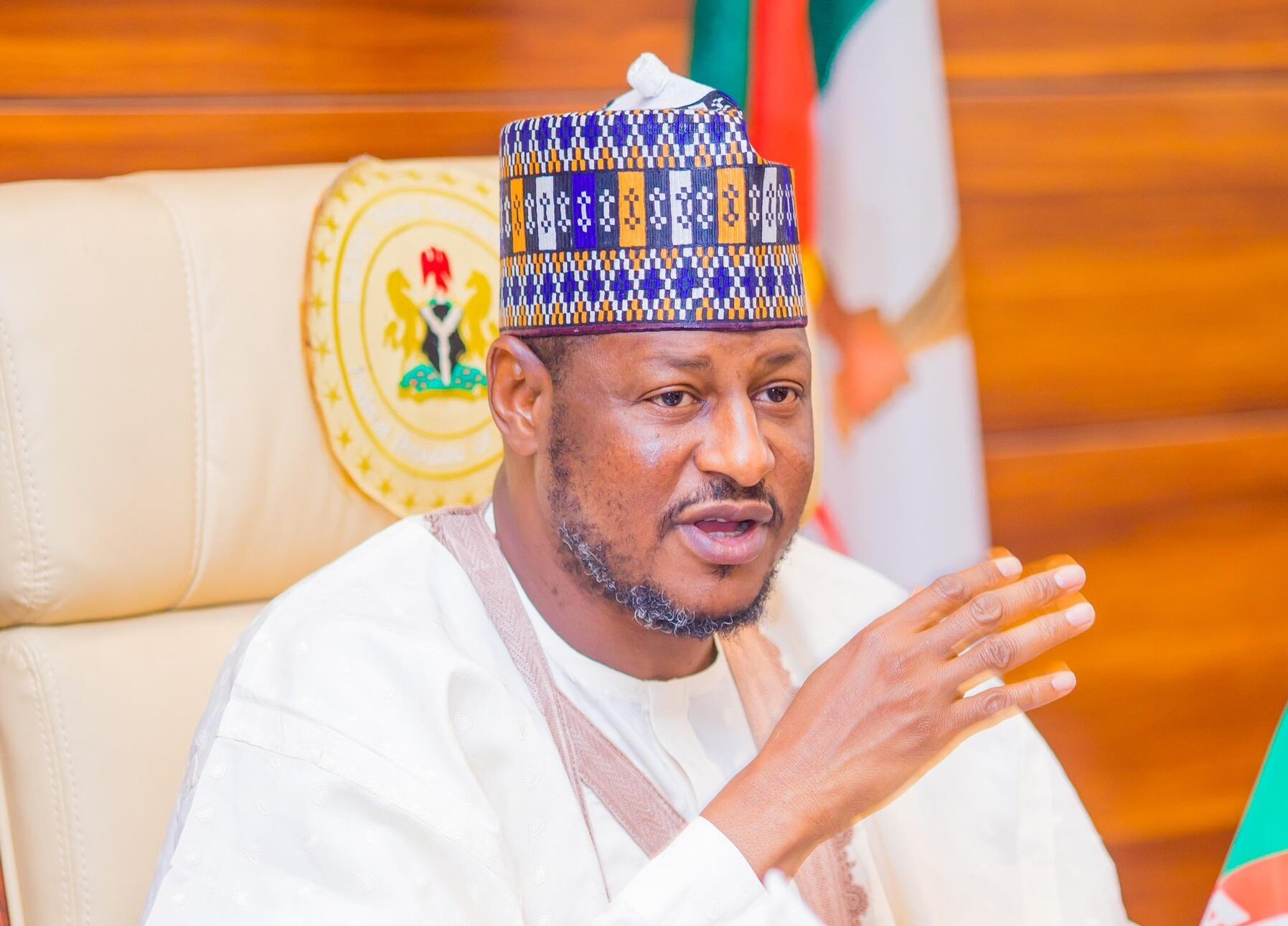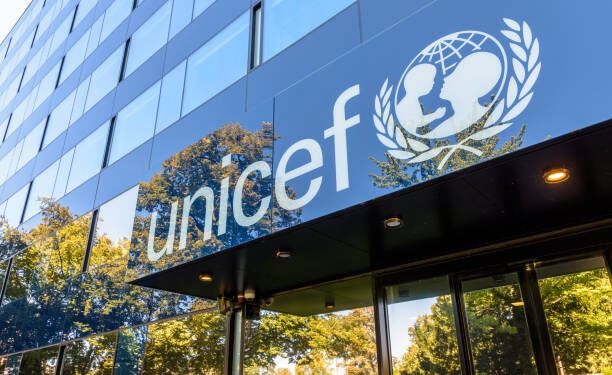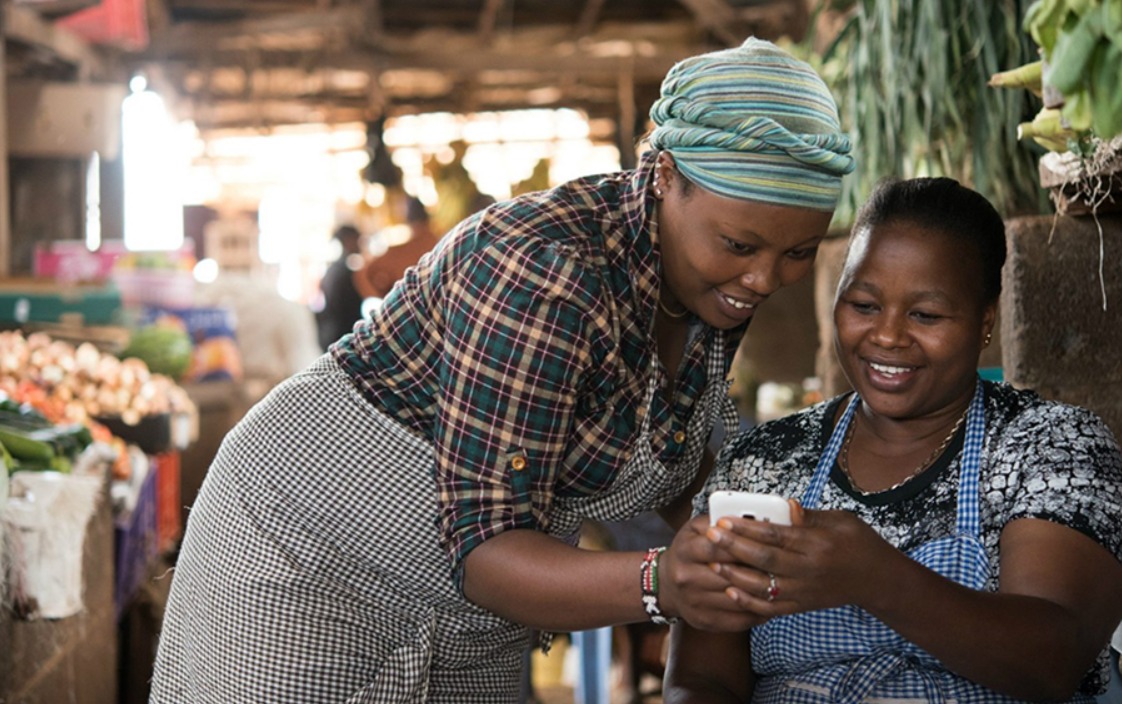Katsina State Governor, Dikko Umaru Radda, has announced the approval of a new N70,000 minimum wage for civil servants in the state, effective December 2024.
Radda disclosed this via his official X page on Saturday, adding that it follows a thorough and successful negotiation regarding the new national minimum wage.
According to him, the development will be accompanied by the necessary adjustment of salaries for employees across all sectors, including state, local government, and local education authority staff, starting from December 2024.
Relevant stakeholders’ agreement
The governor expressed gratitude to the civil servants for their unwavering patience and understanding.
“I encourage you to embrace a culture rooted in hard work, honesty, and productivity, recognizing the important role each of you plays in our collective efforts,” he added.
According to the governor’s media aide, Isah Miqdad, the Katsina State Government and the State Joint Public Service Negotiation Council finalized a landmark agreement to implement the new national minimum wage.
He stressed that the agreement was signed by the Head of Katsina State Civil Service, the Secretary to the State Government, and representatives of the labor unions, marking a significant milestone in labor relations within the state.
What you should know
Nairametrics previously reported that President Bola Tinubu signed the new N70,000 national minimum wage into law four months ago.
- Nairametrics also reported that the National Assembly approved the bill to increase the national minimum wage from N30,000 to N70,000, effectively making it law.
- The Senate President, Godswill Akpabio, announced the approval following the third reading of the bill during a plenary session in Abuja.
- The bill, proposed by President Bola Tinubu after meeting with the heads of organized labor last week, also included a reduction of the review timeline for the minimum wage from five years to three years.
- Later, the Nigeria Labour Congress (NLC) issued a December 1 ultimatum for all state governments to implement the new national minimum wage, citing the worsening economic situation faced by Nigerian workers.
- This directive was announced in a communiqué signed by NLC President, Mr. Joe Ajaero, following the National Executive Council (NEC) meeting held in Port Harcourt, Rivers State.
- In the communiqué, Ajaero expressed strong dissatisfaction with the delays from certain states in implementing the 2024 National Minimum Wage Act, a delay he termed as both illegal and unjust.
According to him, this lack of compliance has exacerbated the financial hardships faced by Nigerian workers amid rising inflation and the increasing cost of living.
“The NEC notes with deep frustration the persistent delay and outright refusal by some state governments to implement the 2024 National Minimum Wage Act. This betrayal by certain governors and government officials across the country flies in the face of both legality and morality, as workers continue to be denied their rightful wages amidst rising economic hardship,” Ajaero stated.
Since then, several states have aligned by increasing their minimum wage.









